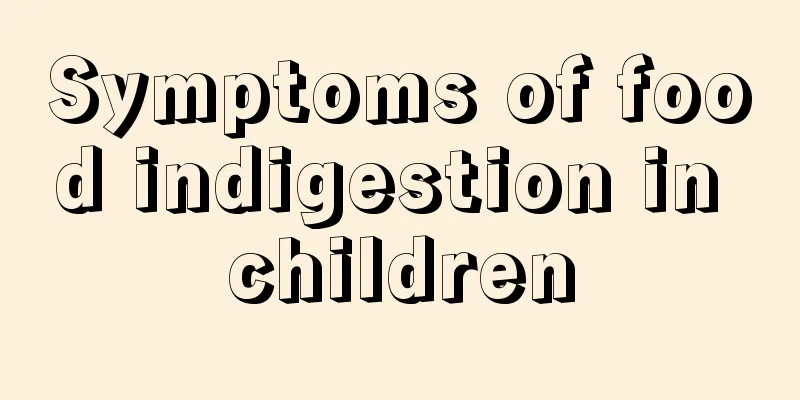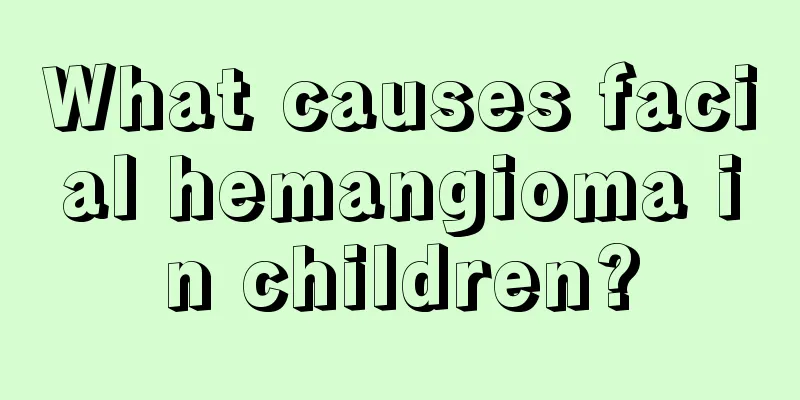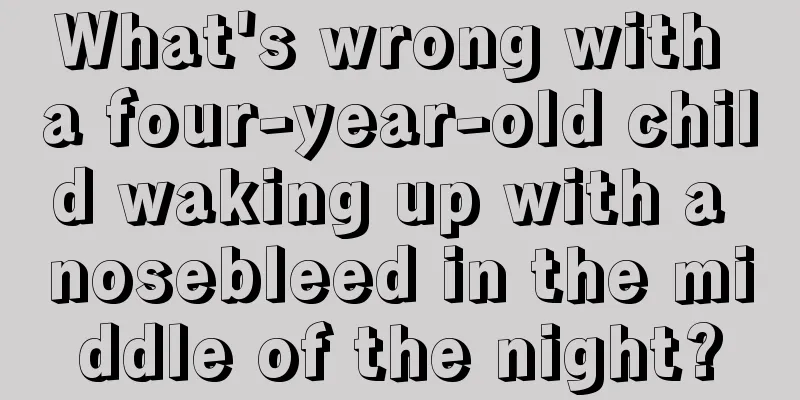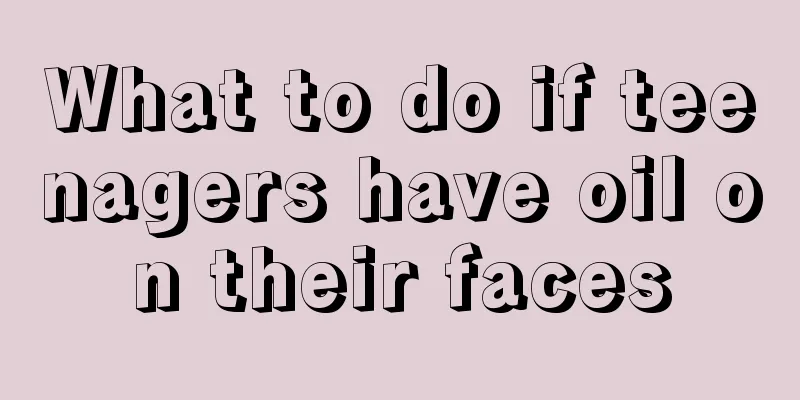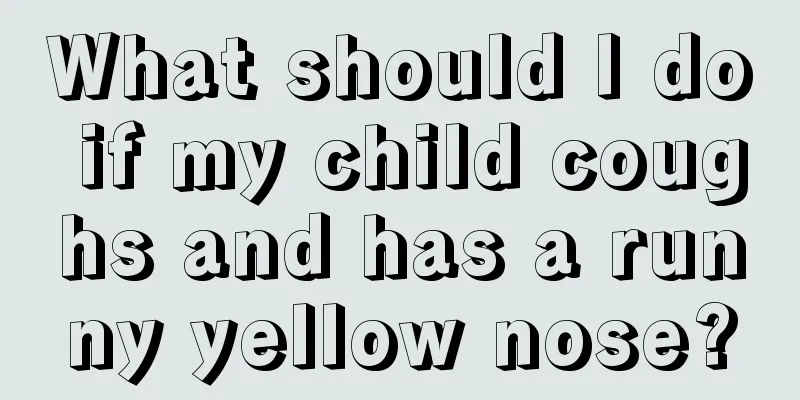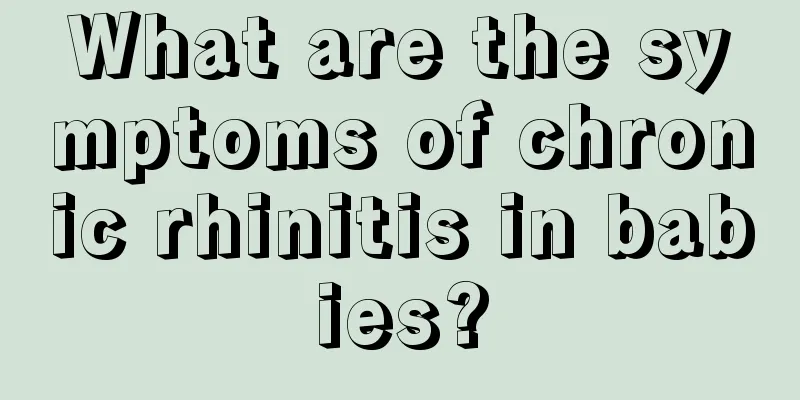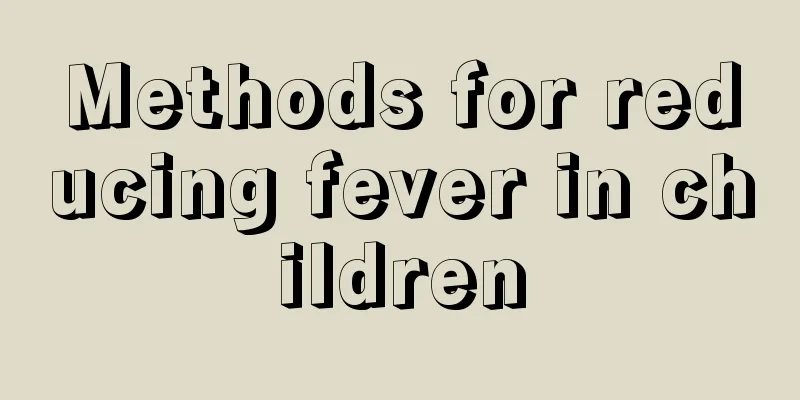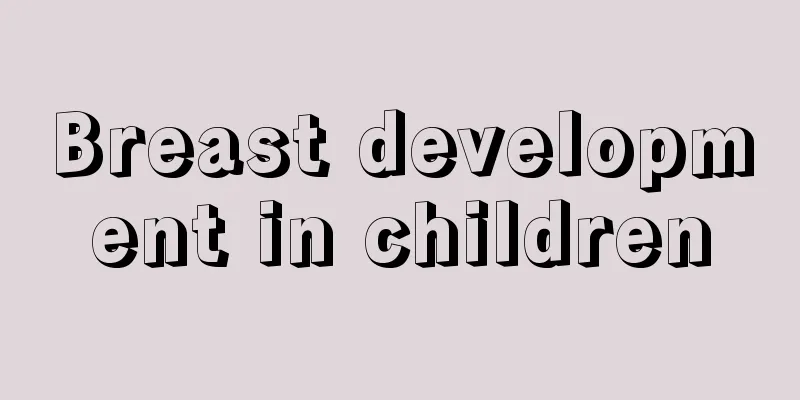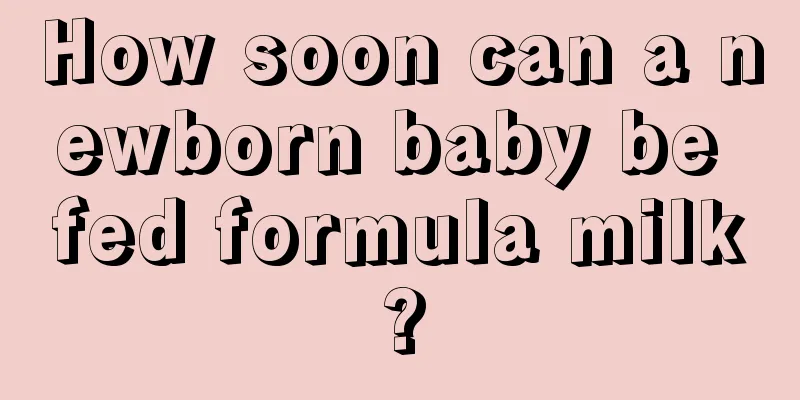Issues that should be paid attention to when a 7-year-old child loses teeth
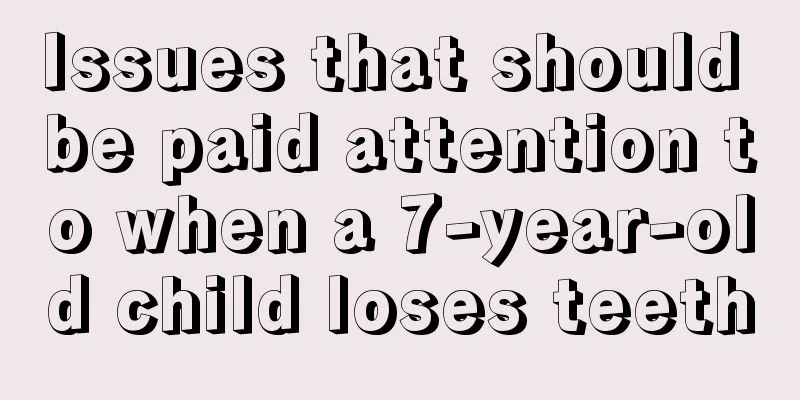
|
From birth to old age, everyone will have a change of teeth in their life. Whether the teeth grow neatly or not depends on the situation of tooth replacement in the critical age group of 6 to 12 years old. So there is no need to make a fuss about a 7-year-old child losing teeth. This is a normal and regular physical change. During this period, you should pay attention to oral hygiene, etc. So what issues should we pay attention to during the period of tooth loss? Let’s take a look together below. After children reach the age of 6, their deciduous teeth will fall out one after another and be replaced by permanent teeth. 6-12 years old is the period of tooth replacement For children aged five or six, changing their teeth may be more important than letting them play the piano, roller skate, or learn arithmetic. Because the newly grown permanent teeth will accompany them almost throughout their lives and are related to their diet, appearance, and even psychology. Health care during the tooth replacement period is very important and is directly related to whether the child’s teeth will be neat and beautiful in the future. Therefore, parents should strengthen the care of their children during this period so that their children can have good teeth. Note 1: Whether the deciduous teeth are retained or lost early There is a certain time and order for the shedding of deciduous teeth. Deciduous teeth that should fall out but don't are called retained deciduous teeth, and the consequence is often that permanent teeth cannot erupt in the normal position. Most children begin to change their teeth at the age of five or six, some start at the age of four, and some children may not lose their first deciduous tooth until the age of seven. Tooth loss usually starts with the two lower front teeth, followed by the two upper front teeth. The most common situation is that the lower front permanent teeth grow on the inside of the deciduous teeth, and the upper front permanent teeth grow on the outside of the deciduous teeth, making it look like double-layer teeth. What should we do if we encounter this situation? Your child should be taken to the hospital as soon as possible to remove retained deciduous teeth to make room for the permanent teeth to erupt. If the deciduous teeth fall out before they should, it is called premature loss of deciduous teeth. This often causes the adjacent teeth on both sides to tilt toward the gap between the missing teeth, making the gap smaller and causing the permanent teeth to erupt out of place due to insufficient space. At this time, a gap maintainer (custom-made by the hospital's dental department) should be worn in the gap between the deciduous teeth to prevent the teeth on both sides from tilting, so as to maintain the proper eruption position of the permanent teeth until the permanent teeth erupt. Note 2: Is there any difficulty in the eruption of permanent teeth? If the deciduous teeth fall out prematurely, the child will get used to chewing and licking with the gums, which will become thick and hinder the eruption of permanent teeth. Therefore, if your child has reached the age of replacing teeth but the permanent teeth have not yet grown, you should take your child to the hospital for examination in time to get the doctor's help. Calcium deficiency in children is also an important reason for the delayed eruption of permanent teeth. Parents should supplement their children with calcium in time. When the teeth are replaced, the permanent teeth erupt from below or inside the deciduous teeth. The erupted permanent teeth are the size of adult teeth. Mild crowding and twisting are normal, and the alignment can be adjusted automatically with the eruption of adjacent teeth and the growth and development of the jaw. As long as it is not cross-teeth (i.e. underbite), correction is generally not required, but regular observation should be performed, and the longest period should not exceed half a year. If the deciduous teeth are still not aligned properly after they are completely replaced, you should see a doctor promptly to avoid difficulties in correction due to delayed treatment. From this we can see that when a 7-year-old child loses teeth, you need to pay attention to all aspects of the problem, so don't take it lightly. Brush your teeth more often after meals and before going to bed. Of course, you can also choose to eat some foods that are good for strong teeth. You must also learn to avoid eating foods that are irritating to the teeth and are spicy, sour, and cold. Pay attention to maintaining oral hygiene so that your child can have healthy and neat teeth. |
<<: What medicine should a 6-year-old child take for diarrhea
>>: Treatment of fever and cold in six-month-old infants
Recommend
Symptoms of vitamin deficiency in children
Vitamins are essential trace elements for the hum...
What should you pay attention to if an infant or young child falls and gets a big bump on the back of his head?
Because infants and young children are small, the...
1 week 4 months baby food recipe
As your baby grows day by day, his body needs mor...
Temperature standard for newborns
The key to measuring whether a newborn is healthy...
What causes eye pain in children?
When children have eye pain, you should pay atten...
What should I do if my baby has a hoarse throat?
Sometimes babies can easily develop hoarse throat...
How long should you hold the baby upright after feeding?
There are some things you need to pay attention t...
Why do we spank children as soon as they cry?
It is normal for children to cry, everyone goes t...
Which acupoints should be massaged for children with nasal congestion?
Each of us will inevitably have some minor illnes...
Treatment of baby's red throat
Dear parents and friends, you should know that ch...
Symptoms of baby's red butt
Every baby has very delicate, smooth, white and c...
How to treat mumps in an 8-year-old child?
Mumps is most common in children. The parotid gla...
Some things to note when a child has a fever and bad breath
Children nowadays are the treasures of the family...
How tall is a one year and five month old baby
During the baby's growth and development proc...
Girl's bloody stool
We all know that children's digestive systems...
